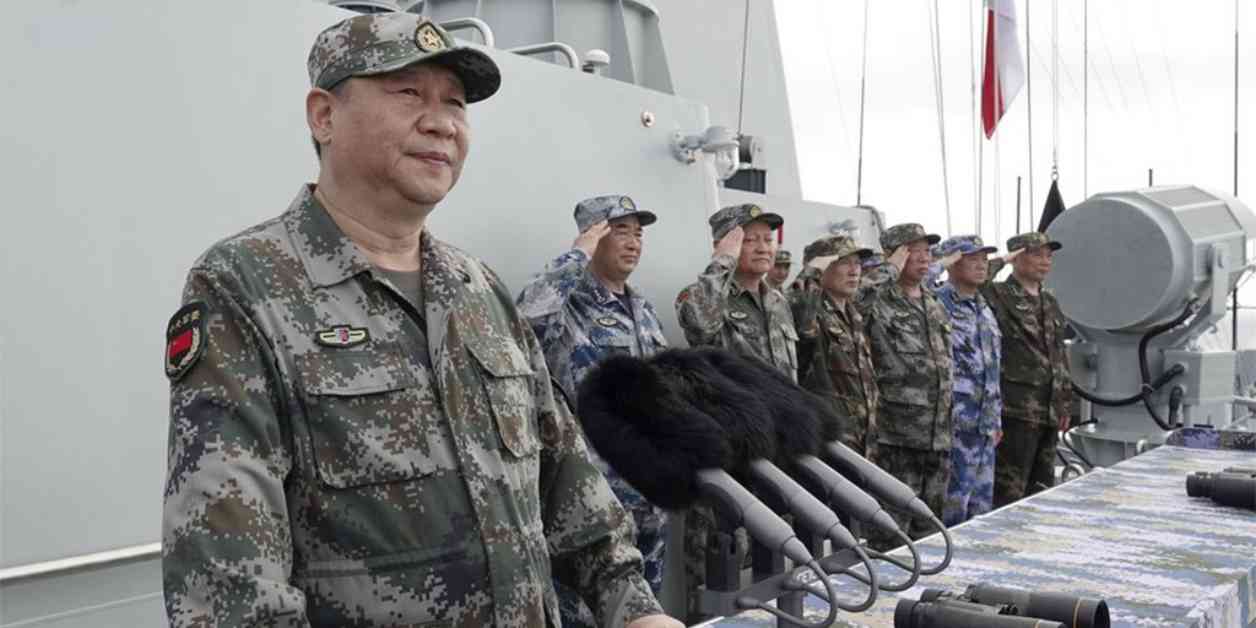The United States is making significant changes to its military presence in Asia by establishing a new command in Tokyo to strengthen its partnership with Japan in light of China’s increasing influence in the region. Secretary of State Antony Blinken and Defense Secretary Lloyd Austin are set to meet with Japanese Foreign Minister Yoko Kamikawa and Defense Minister Minoru Kihara to discuss this new development.
During the meeting, Secretary Austin will announce the reconstitution of U.S. Forces Japan as a Joint Force Headquarters, reporting to the commander of U.S. INDOPACOM. This move aims to enhance coordination between U.S. and Japanese forces, especially in the face of growing threats such as increased missile tests by North Korea and China’s expanding military ambitions.
Although Japan had hoped for a four-star general to lead the new command, it has been reported that a three-star general will assume control. The discussions between the U.S. and Japan will also touch on the concept of “extended deterrence,” which refers to the deployment of nuclear forces to prevent attacks on allies.
Japan currently hosts a significant U.S. military presence, including 54,000 American troops, numerous aircraft, and a carrier strike group. The establishment of the new command is expected to facilitate even closer cooperation between the two countries. Additionally, Japan has committed to doubling its defense spending from 1% to 2% of GDP to bolster deterrence against potential threats from China and North Korea.
This decision comes as President Biden seeks to strengthen ties between Japan and South Korea, another key U.S. ally in the region. Despite historical tensions between Japan and South Korea, the three nations recently signed an agreement to enhance trilateral cooperation. This agreement includes sharing real-time information on North Korean missile activities and conducting more joint military exercises.
Defense Secretary Lloyd Austin testifies before a Senate Appropriations Committee on Capitol Hill. (AP Photo/Manuel Balce Ceneta/File)
Defense Secretary Lloyd Austin testifies before a Senate Appropriations Committee on Capitol Hill. (AP Photo/Manuel Balce Ceneta/File)
“This memorandum strengthens the cooperation between Japan, the United States, and South Korea, ensuring that our partnership remains strong regardless of changes in the international landscape,” Defense Minister Kihara stated after the agreement was signed.
The Pentagon and White House have not yet responded to requests for comment on these developments. This strategic shift in the U.S. military’s presence in Asia underscores the growing importance of regional alliances and cooperation in maintaining stability and security amidst evolving geopolitical challenges.





















